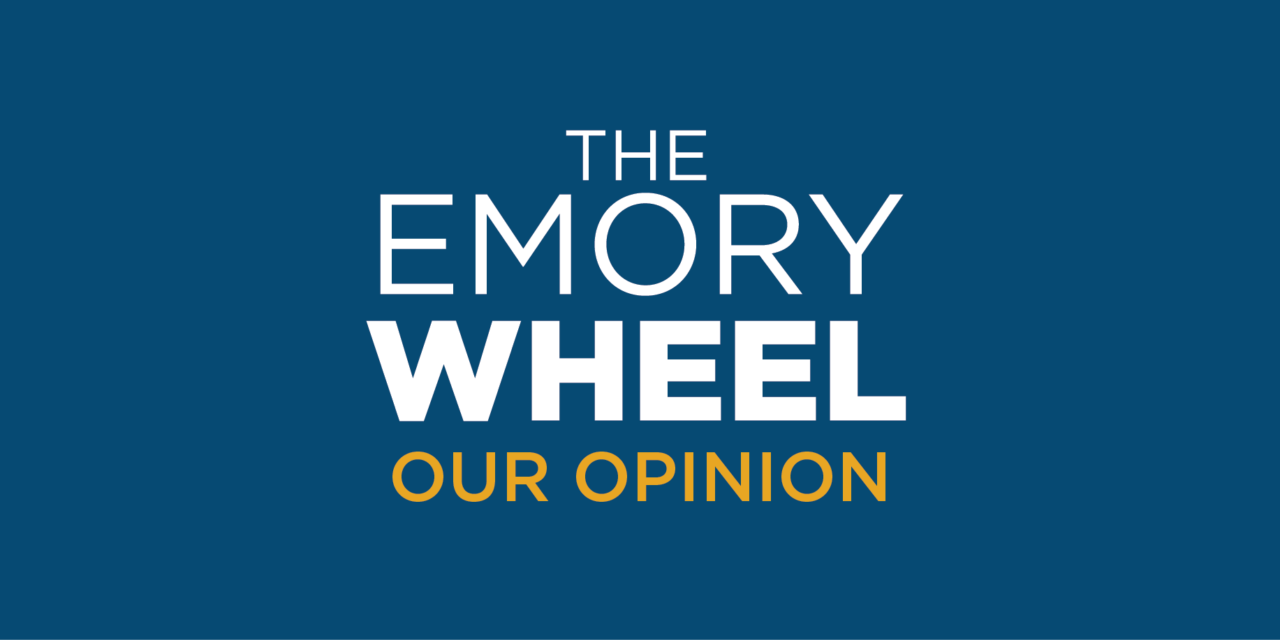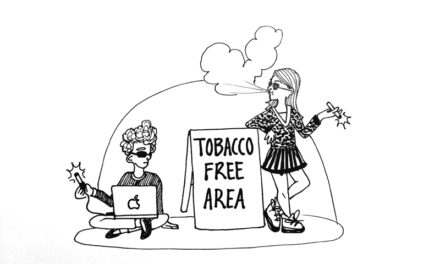At Monday’s Student Government Association (SGA) meeting, Sophomore Legislator Max Zoberman introduced a resolution that would urge the University to discontinue supporting the anonymous gossip app Yik Yak on its wi-fi networks.
After the introduction of the resolution, a number of posts on Yik Yak arose personally attacking Zoberman and his authorship of the resolution. The next morning, College senior and Speaker of the Legislature Luke Buschon sent an all-Emory email elaborating on the resolution and inviting the community to an open-forum discussion about the issue on Oct. 6.
A resolution is different from a bill; for this resolution, its passage would be a symbolic stance rather than an actionable affirmation.
We applaud Zoberman for using his platform as an elected official to represent the student body and address a pervasive issue within the Emory community. However, the resolution misses its mark with the problem at hand and presents several causes for opposition.
Personal posts against Zoberman appeared on the app following Monday’s SGA meeting, and recent racist, sexist and homophobic postings have focused attention on Yik Yak as a forum where hate speech may occur.
However, the idea of banning an entire platform of speech is misguided. As discussed in our Sept. 26 staff editorial, “Yik Yak Perpetuates Culture of Intolerance,” the issue lies with the culture of insensitivity manifested through the app, not with the medium in which it is expressed. Getting rid of Yik Yak will not eliminate discriminatory speech on our campus, and other anonymous forums may come up to replace its potential removal.
From a pragmatic standpoint, students with data plans can still access the app, so a call for a ban would only be futile and purely symbolic. As a liberal arts university committed to open discussion, Emory should not delve into the business of censoring forms of expression on its campus, however trivial the expression may often be. Additionally, engaging in a potential “whack-a-mole” strategy of removing anonymous social apps is not an effective policy.
If the University were to ban Yik Yak, where do we draw the line for what is or is not allowed? Twitter, Facebook and countless other social media sites, like the anonymous Reddit and 4chan, also provide similar examples of hateful and incendiary language, yet they still exist on the wireless network.
A fair portion of what occurs on Yik Yak is considered cyberbullying and, despite the anonymity of the app, hate speech is not always protected. While the intent to reduce cyberbullying is noble, Zoberman and other members of SGA should focus on the attitudes apparently existing on campus that propel these aggressive, discriminatory posts on the app, not on banning the app itself. Actively addressing the issues present, through open forums that could be similar to the one SGA is proposing, would be more beneficial rather than asking the University to stifle negative comments.
SGA deserves applause for the outreach that has occurred in the days following the proposed resolution. In addition to the public announcement of the public forum, SGA legislators all across campus have reached out over social media for genuine feedback from the students they represent in order to make a more informed decision.
Open discussion and expression is a necessary part of any sort of community framework, and we are glad to see this discussion take place. We urge students with opinions about this resolution to attend the open forum and the SGA meeting to make their voices heard – non-anonymously.
The Emory Wheel was founded in 1919 and is currently the only independent, student-run newspaper of Emory University. The Wheel publishes weekly on Wednesdays during the academic year, except during University holidays and scheduled publication intermissions.
The Wheel is financially and editorially independent from the University. All of its content is generated by the Wheel’s more than 100 student staff members and contributing writers, and its printing costs are covered by profits from self-generated advertising sales.





